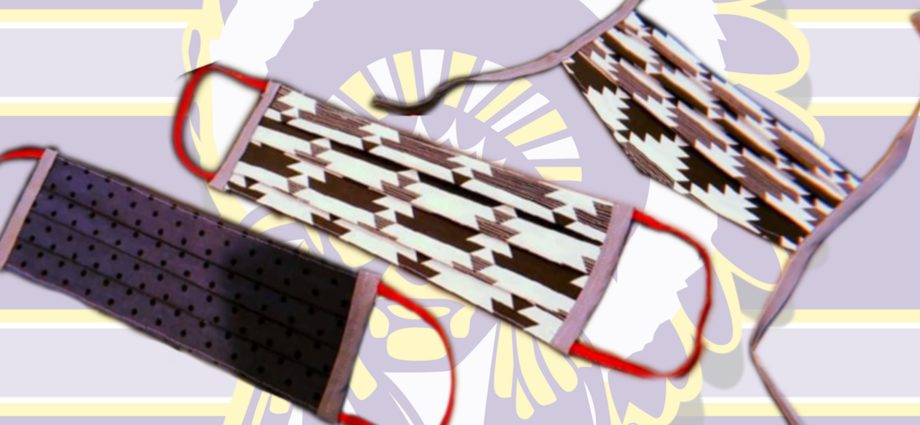When there is a will, there is a way. Multiple orders from across the U.S. have instructed individuals to wear face masks in conjunction with taking precautions to prevent the spread of COVID-19. In some cases, these orders will be followed through with penalties when not in compliance.
The city of Los Angeles has done just that with consideration of protecting its people. The Los Angeles Times mentions multiple scenarios when a fine or penalty would be engaged. For example, if a business will not provide or reimburse their employees for purchasing their own personal protective equipment, it would result in a fine or further, not complying with the order could result in a misdemeanor.
The city of Laredo is just a little over 150 miles south from San Antonio, Texas and sits on the Mexico border. Time says, “The penalty for violating the order is a Class C misdemeanor, punishable by a fine up to $1,000.” This fine is for residents of Laredo who do not wear a face mask when going out into public or public buildings including transportation and pumping gas.
This brings an opportunity for the Indigenous community to use their creativity and include their style. Many have been gathering materials to follow these orders around the U.S. even if they are non-medical masks. Haskell student Kayla Bointy mentioned how she would utilize her Kookum scarves for going out in public. They bring a symbolic indigenized look. Indigenous people are having to find their balance in this modern world — let alone during this time — we strive to keep these traditions and customs alive.
Indigenous artists’ creativity may come from within and demonstrates a sense of identity as indigenous people, maintaining our cultural identity of who we are as indigenous people, especially through the current pandemic. Haskell student Jared Nally expresses his views on indigenous artists’ take on the face masks pieces that he has seen. Nally says, “I feel like seeing beaded masks on social media for me shows that great events we experience together, like COVID-19 pandemic, does not mean Indigenous erasure. These are symbols for me of Native Identity being present, resilient, and crafting our own experiences.”
Bointy comments on how there was a need to sew her own masks became of the necessity and gave her own preferred flair to her masks. She says, “Other native people who are beading and using Pendleton to make masks I think is awesome! It just shows the beauty and resilience of our people. It shows we can always adapt and make something ours.”
Featured image of Kayla Bointy’s sewn face masks. Photo by Kayla Bointy.

